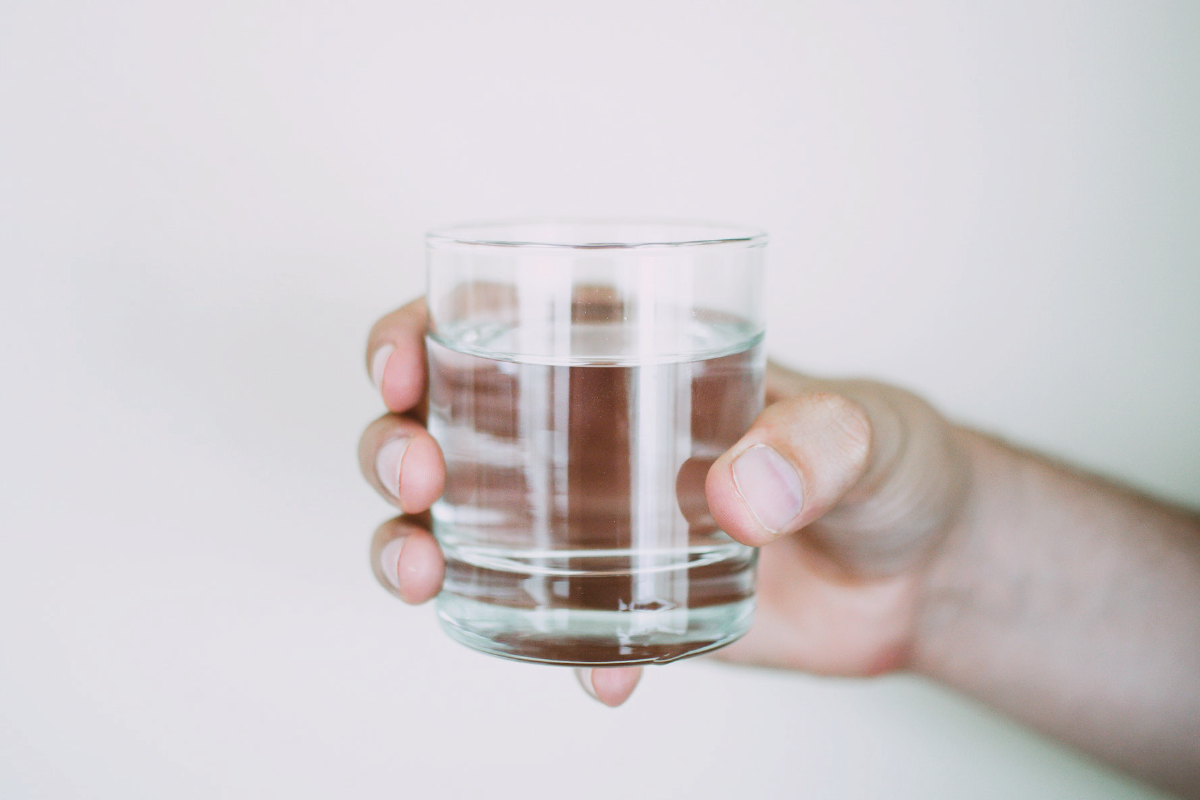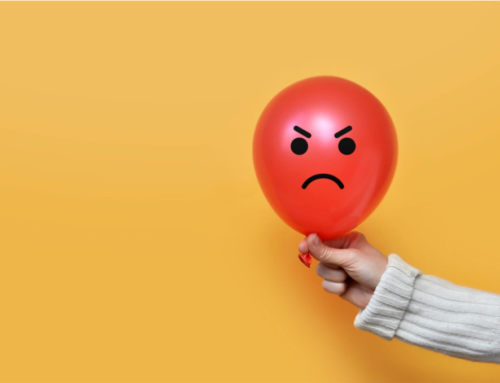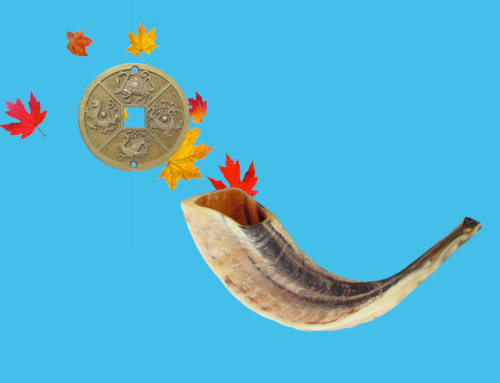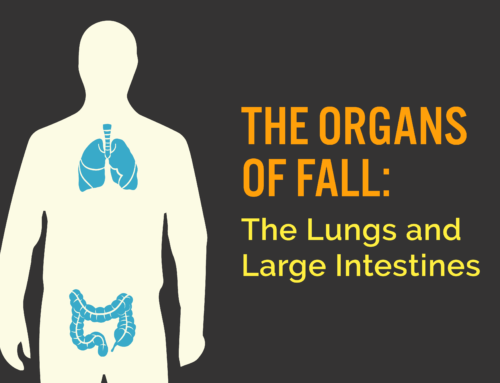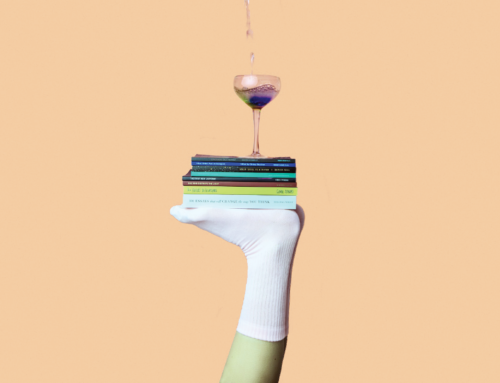From a Traditional Chinese Medicine (TCM) perspective, hydration is considered crucial for maintaining optimal health and balance in the body. In TCM, the concept of hydration is closely linked to:
- Keeping the body’s yin and yang in balance
- Regulating the body’s fluids
- Promoting the free flow of Qi (life force energy)
Hydration is seen as a way to moisten and nourish the body’s tissues, organs, and meridians (energy pathways). Sufficient fluids help prevent dryness and promote the smooth flow of Qi and blood, which is essential for optimal organ function and overall well-being.
In addition, fluids play a vital role in eliminating toxins from the body. Sufficient hydration supports the body’s natural detoxification processes by promoting urine production, bowel movements, and sweat.
When thinking about hydration from a TCM perspective, consider the following insights and recommendation.
Temperature
While drinking a tall glass of icy cold water seems refreshing, especially during the summertime, Traditional Chinese Medicine considers this to be very damaging to the digestive process, even causing the storage of fat. Instead, TCM recommends drinking warm or room temperature drinks such as herbal teas, warm water and even soups. Yes, even in the summer.
When to Drink
The timing of hydration also has an effect on the digestive process. Drinking warm water between meals is ideal. On the other hand, large amounts of water and fluids before and during a meal are considered detrimental as they thin out acids and enzymes, rendering them less effective in breaking down food. Instead, it is recommended to eat lots of vegetables with high water content and to avoid dry foods like crackers and chips, as well as sugar.
Types of Water
Plain water is the best drink for hydration. However, today, there are more varieties of water than ever before. Spring or filtered water with a neutral pH is ideal.
And according to TCM, seltzer (as well as soda and beer) is bad for the Spleen and Stomach. The carbonation in seltzer is also highly stimulating, and being water, stimulates our Water Element (Kidney and Bladder).
Seasonal Considerations
Hydration needs will vary according to the time of year and the seasons. For example, during the hot summer months, it’s advisable to increase fluid intake to counteract excessive heat and sweating. In contrast, during the colder months, moderation in hydration is recommended to prevent excessive cooling of the body.
Individual Constitution
TCM recognizes that individuals have different constitutional patterns, such as Yin deficiency or excess heat. This may influence the hydration needs of each person. If hydration is a concern, your practitioner can make personalized recommendations based on your constitution and specific imbalances.
More Hydration Recommendations
Burtoon Moomaw has even more recommendations for ensuring sufficient hydration.
- Eat foods like they occur in nature. Lots of fresh or frozen vegetables lightly cooked, Grass-fed meats, Grass-fed eggs, healthy fats, small amounts of cooked non-glutinous grains (rice, millet, oats, quinoa).
- Consume lots of healthy fats including grass fed butter, coconut oil, and palm oil, as well as mono-saturated olive oil. Cook only with the first three. Suggested reading: The Big Fat Surprise, Nina Teicholz. See also www. bulletproofexexutive.com
- Eat bone broth. Cooked animal bones give us a direct intake of essence.
- Replace all processed salt (sodium chloride) with sea or Himalayan salt. Sea salt has trace minerals included, electrolytes that our body uses to hold onto water. Consider adding trace mineral drops to your water. Suggested reading: Salt Your Way to Health by Dr. David Brownstein
- Eliminate dry and inflammatory foods from your diet. This includes processed foods (things from boxes), sugar, dairy products, and gluten containing grains (wheat, barley, rye).
- Increase water intake. Over the course of 2 to 3 weeks progress toward drinking 1/2 ounce of water per pound of body weight per day. So, someone weighing 120 pounds would drink 60 ounces of water which is right at 2 quarts. Measuring out the water in the morning is the only way to know how much you actually drink.
- Drink less or no coffee, it is very dehydrating despite its lauded content of antioxidants. Green tea is recommended.
Sources:
Hydration & Water In Chinese Medicine. TCM Blog, 11 Oct. 2022.
Life Begins with Water II. AXOS ACUPUNCTURE, 25 Apr. 2017.
Moomaw, Burton. “Hydration – A Chinese Medical Theory Perspective.” Burton Moomaw Acupuncture, 30 Oct. 2019.
